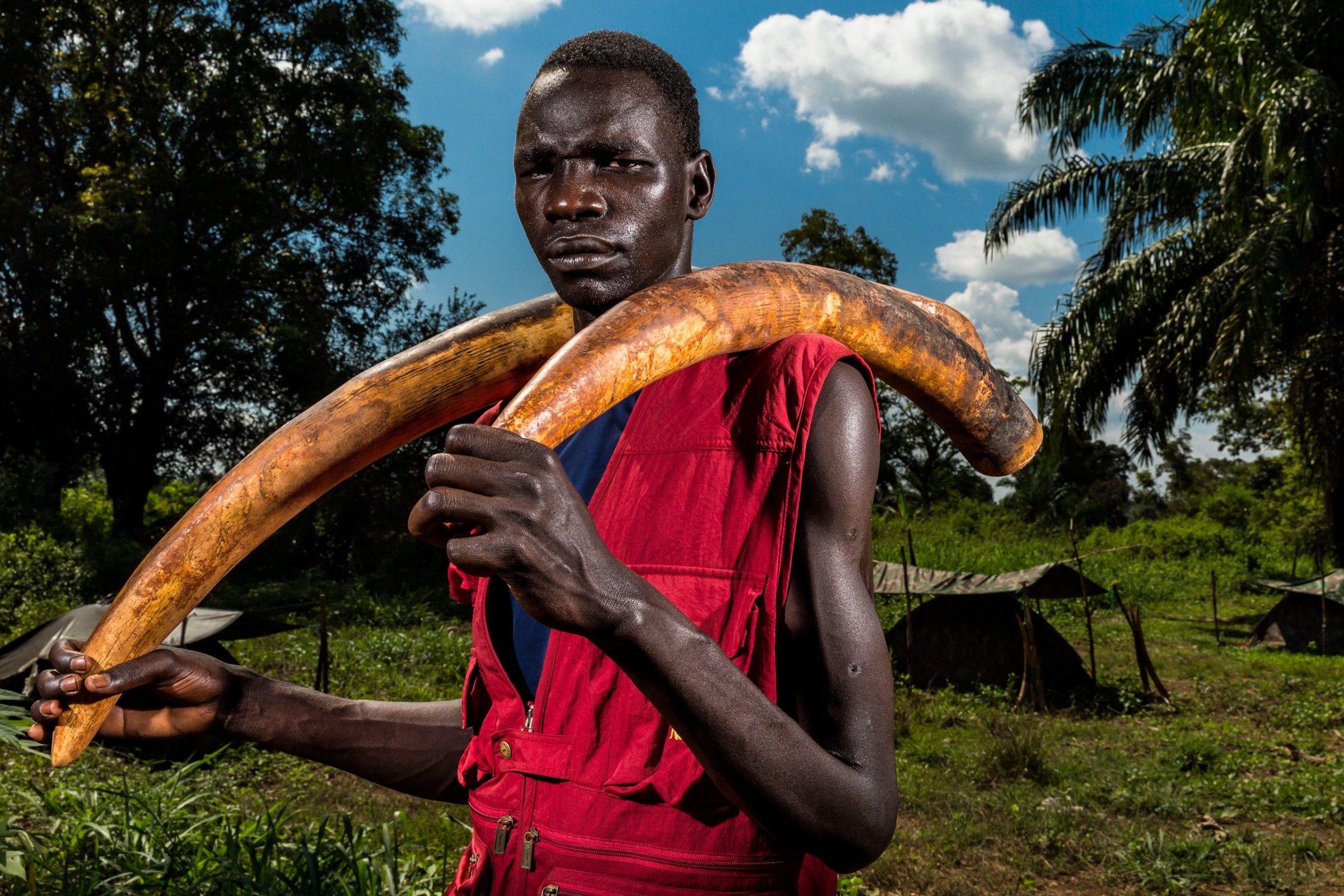
The Prix Pictet jury has announced 12 finalists for the sixth edition of the prestigious photography award, which honors work that promotes discussion of social issues.
Ilit Azoulay, Valérie Belin, Matthew Brandt, Maxim Dondyuk, Alixandra Fazzina, Ori Gersht, John Gossage, Pieter Hugo, Gideon Mendel, Sophie Ristelhueber, Brent Stirton and Yongliang Yang were shortlisted by a jury of eight as the finalists of the international award. Each year the commission presents a different theme, this year’s being Disorder.
“We wanted a theme that sort of captures the moment,” says Michael Benson, director of Prix Pictet. “Disorder seems to us to be particularly appropriate now.”
The finalists have addressed the theme in various ways, whether depicting human trafficking and immigration crises (as in the long-term project A Million Shillings: Escape from Somalia by Alixandra Fazzina), reporting on the killing of bees (as in Honeybees by American photographer Matthew Brandt) or imaging artificial cities (as in the work by Yongliang Yang, Artificial Wonderland).
“Each of the photographers’ work speaks in some way to the theme of the prize in very interesting and noble ways,” Benson tells TIME.
A panel of nominators suggested the photographers and the jury spent six months reviewing about 400 portfolios. They considered a journalistic approach, but also praised creative and artistic qualities. Rather than the individual pictures, however, what matters most is the series as a whole and whether it is fully representative of the prize’s theme, Benson further explains.
The photographers, like South African photographer Gideon Mendel, appreciate that. Mendel’s long-term project Drowning World is about the consequences of flooding in different parts of the globe. “On one level [Drowning World] is my response to climate change, and in many ways [is] a metaphorical sense of the world that could be drowning,” he says. “The images are often quite calm and peaceful but they do reflect a deeper disorder.”
The finalists’ works will be showcased at the Musée d’Art Moderne da la Ville de Paris for a month-long exhibition starting Nov. 12, 2015. Prix Pictet honorary president Kofi Annan will announce the winner during the opening night. The winner will be granted a monetary compensation of 100,000 Swiss francs (approximately $105,900). The Pictet Group partners will also assign a commissioned work to one of the finalists, for a region where Pictet is involved in a sustainability project. Later in January 2016, the exhibition will be off to a yearlong world tour, stopping in Rome, Barcelona and Shanghai among the other cities.
But for some of the finalists, the exposure and money is just part of the value of the prize.
“It’s a great honor for me to become [one of] the finalists at Prix Pictet. It is very important for me,” says Maxim Dondyuk, a Ukrainian photographer whose body of work, Culture of the Confrontation, chronicles the violent clashes between police and protesters in Euromaidan during the 2014 protests in his homeland. For Dondyuk the prize represents an encouragement, and the knowledge that people from the industry believe in him. “I want people to see through my photography something more important, to associate it with their memories from reading books, music and their own life,” Dondyuk told TIME in an email. “After Prix Pictet chose me as a finalist, believed in me… I’m gaining confidence.”
Lucia De Stefani is a writer and contributor to TIME LigthBox. Follow her on Twitter and Instagram.
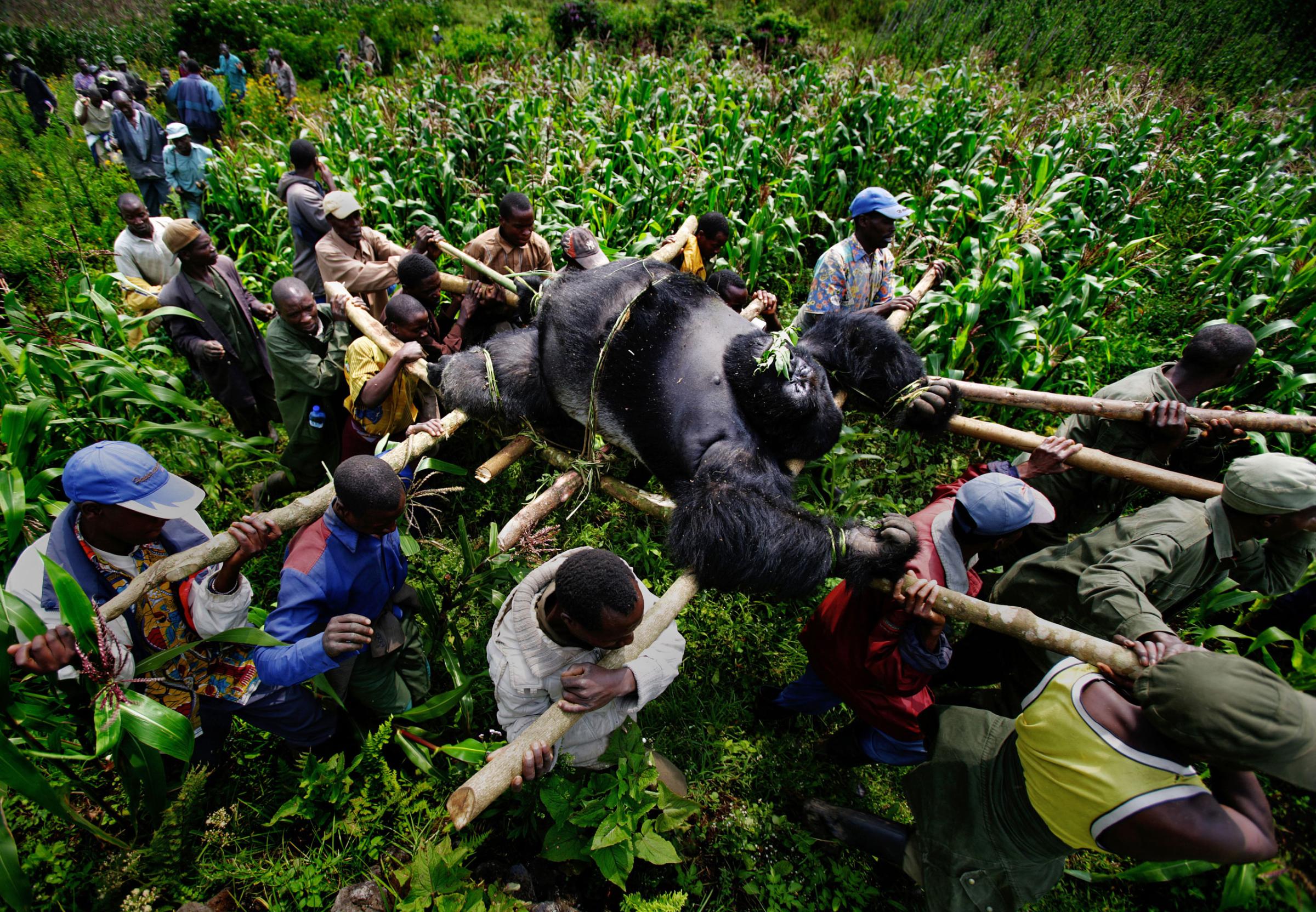
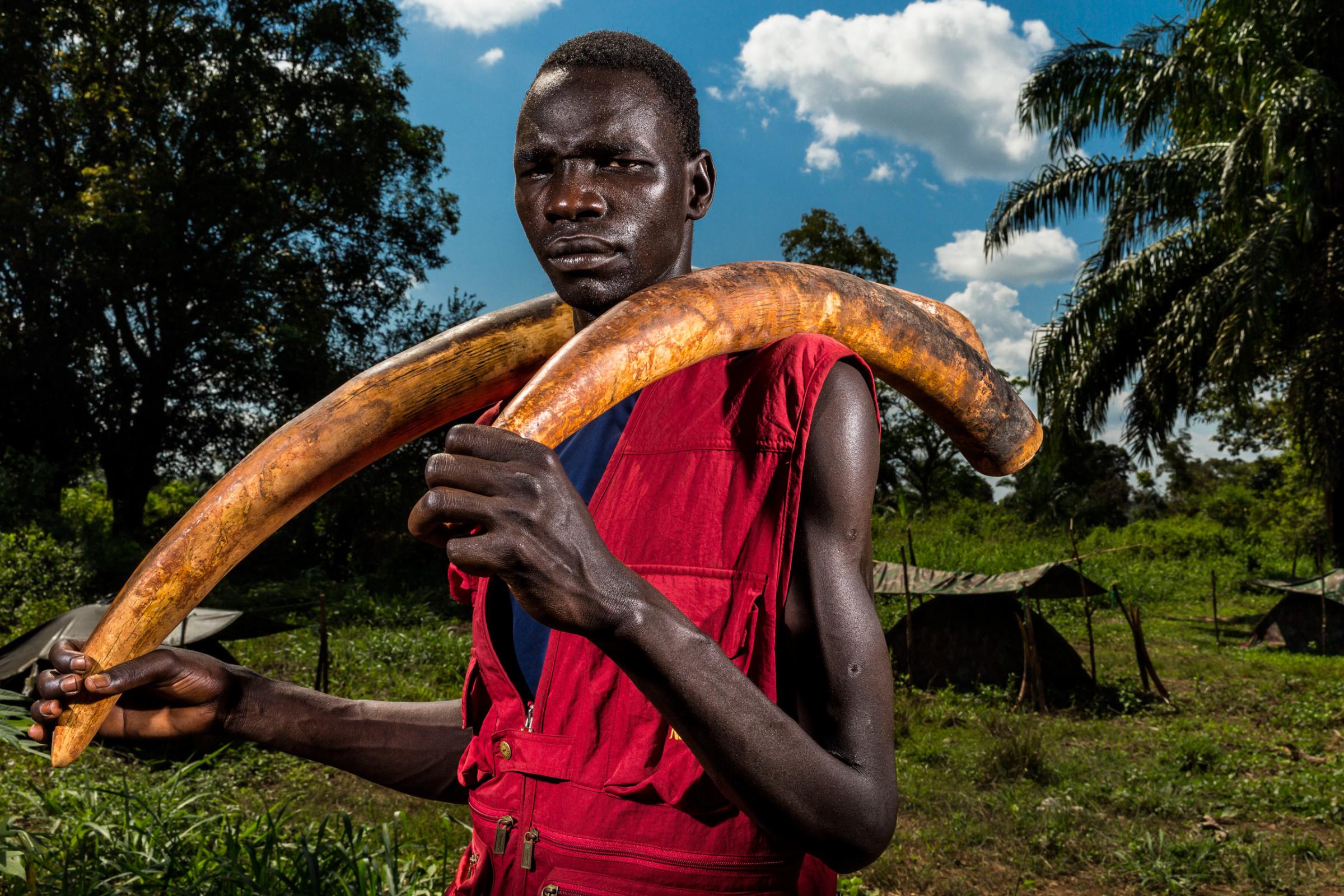
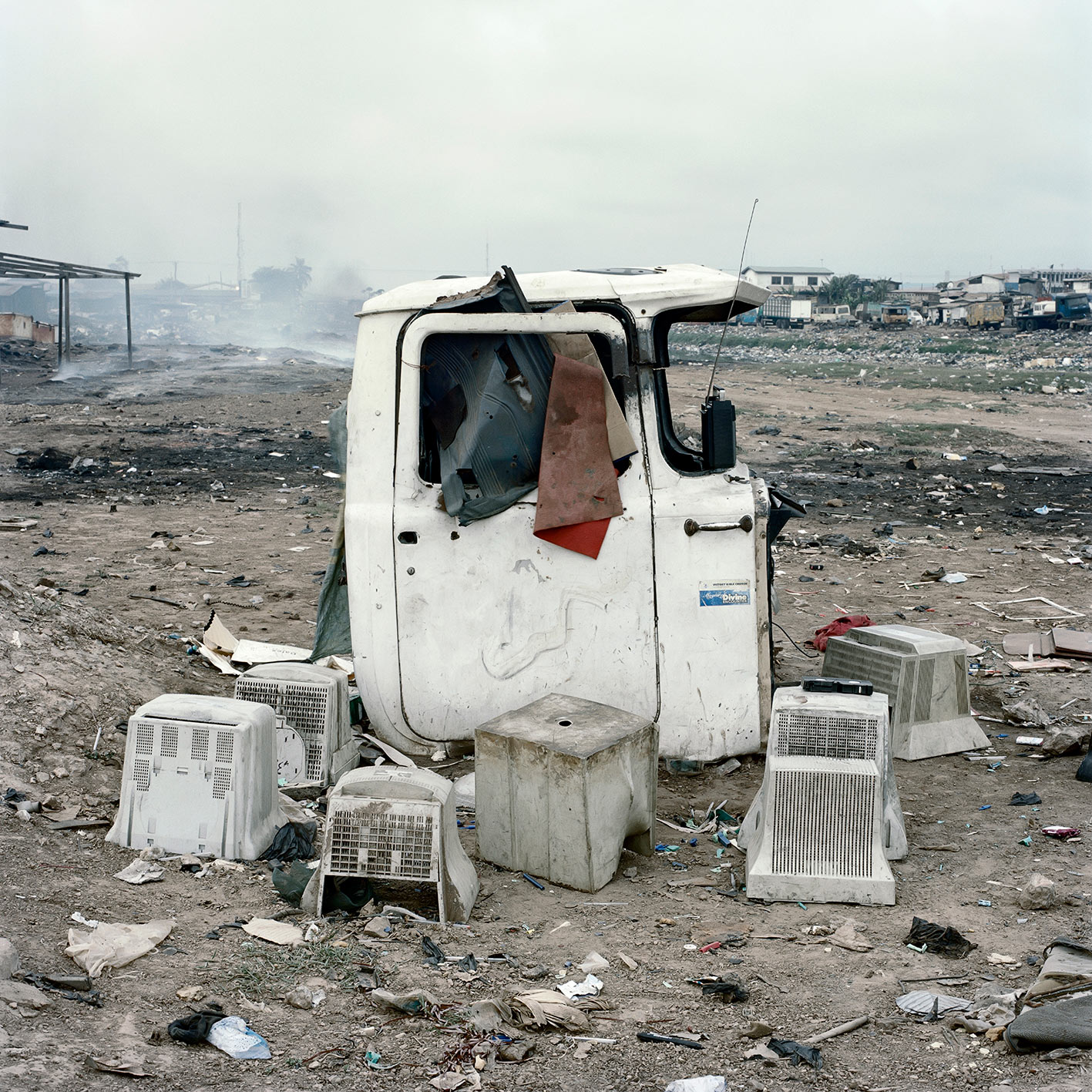
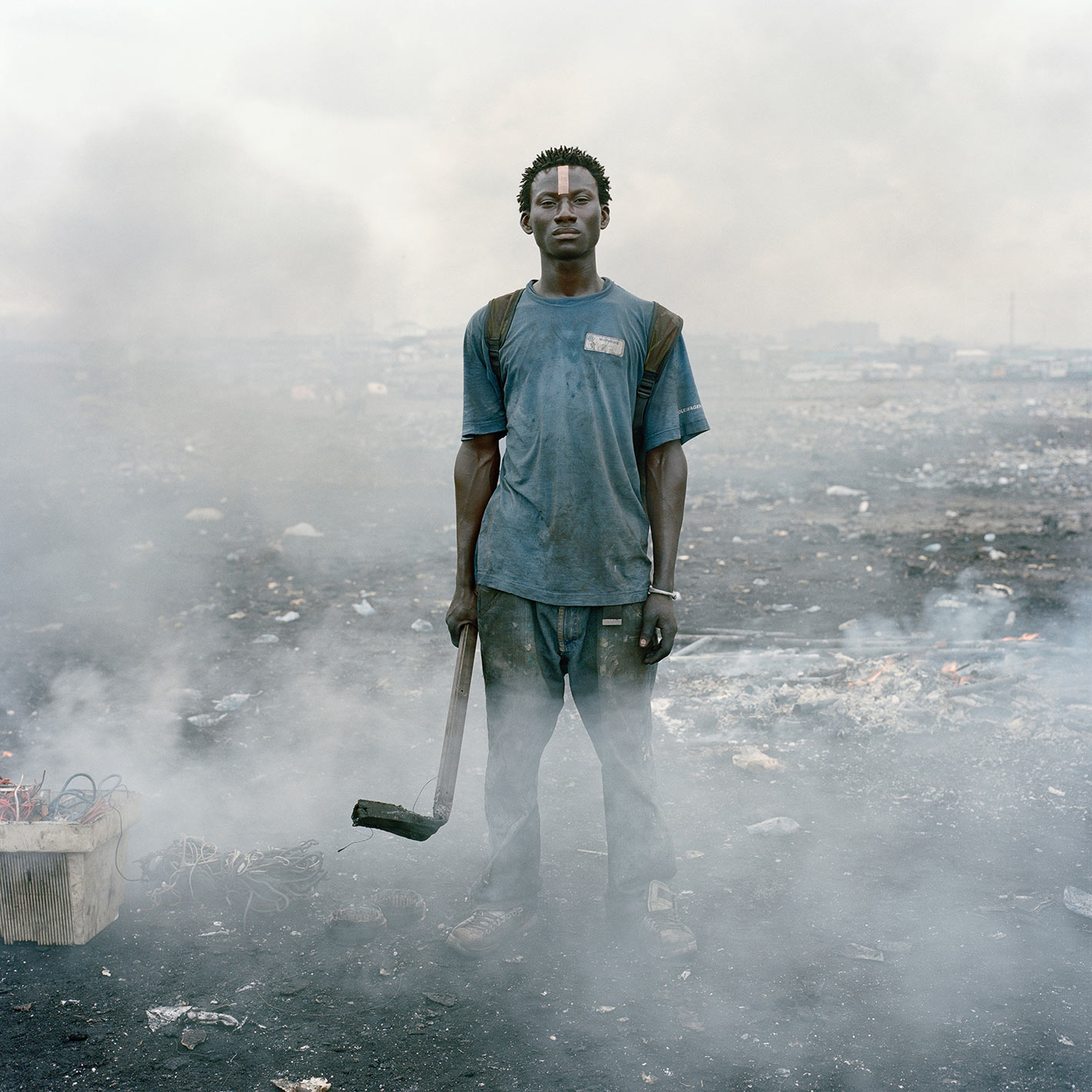
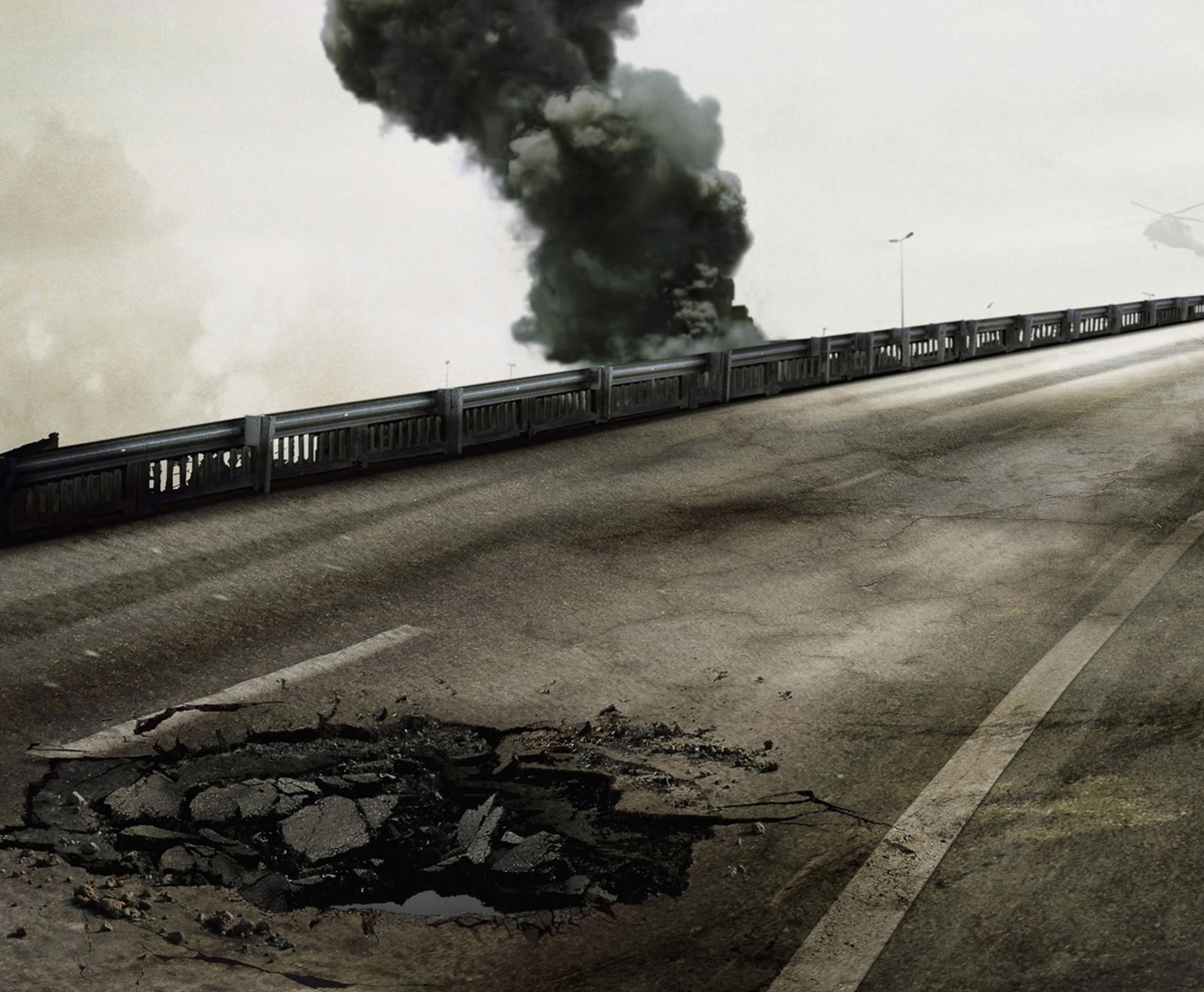
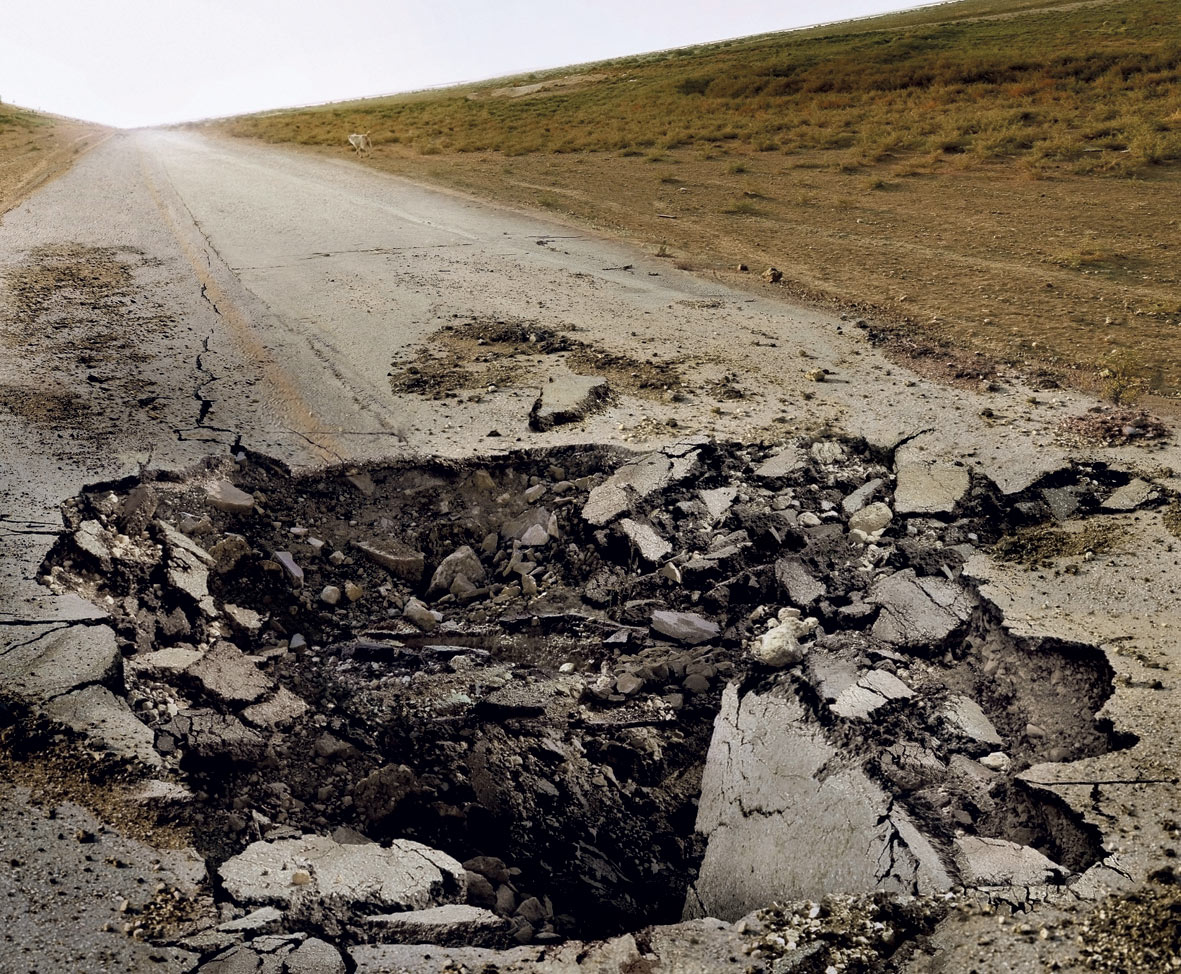
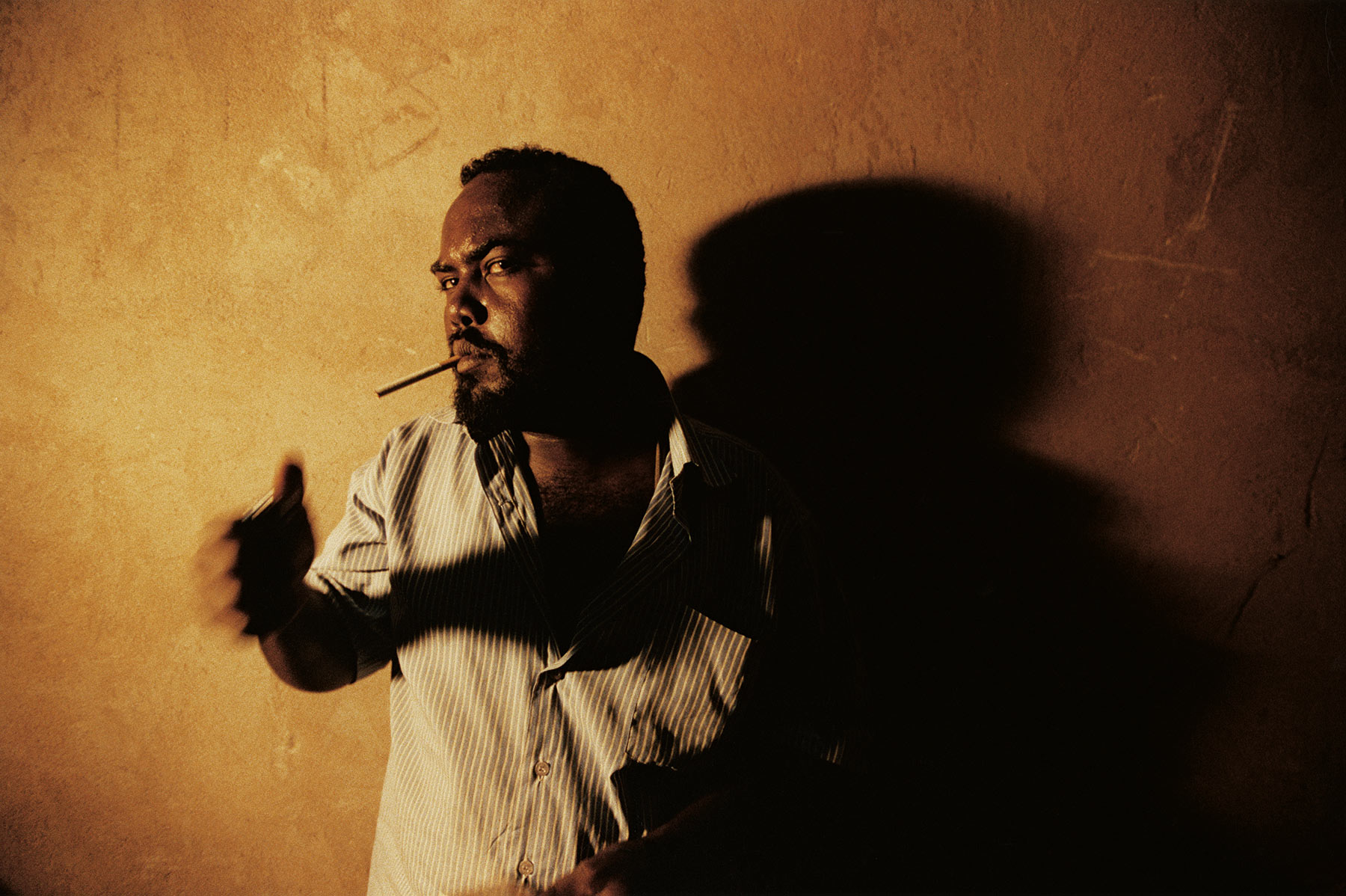
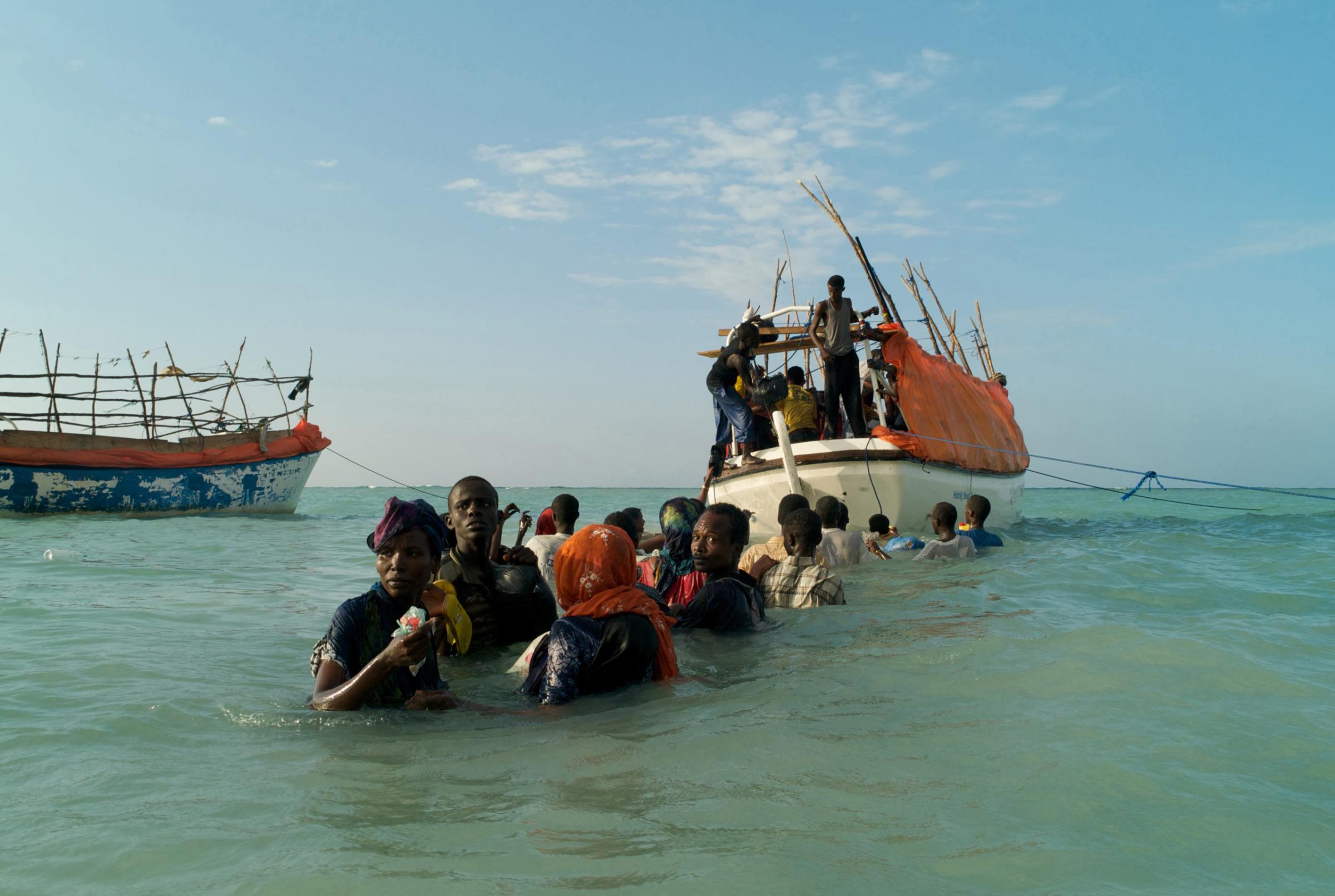
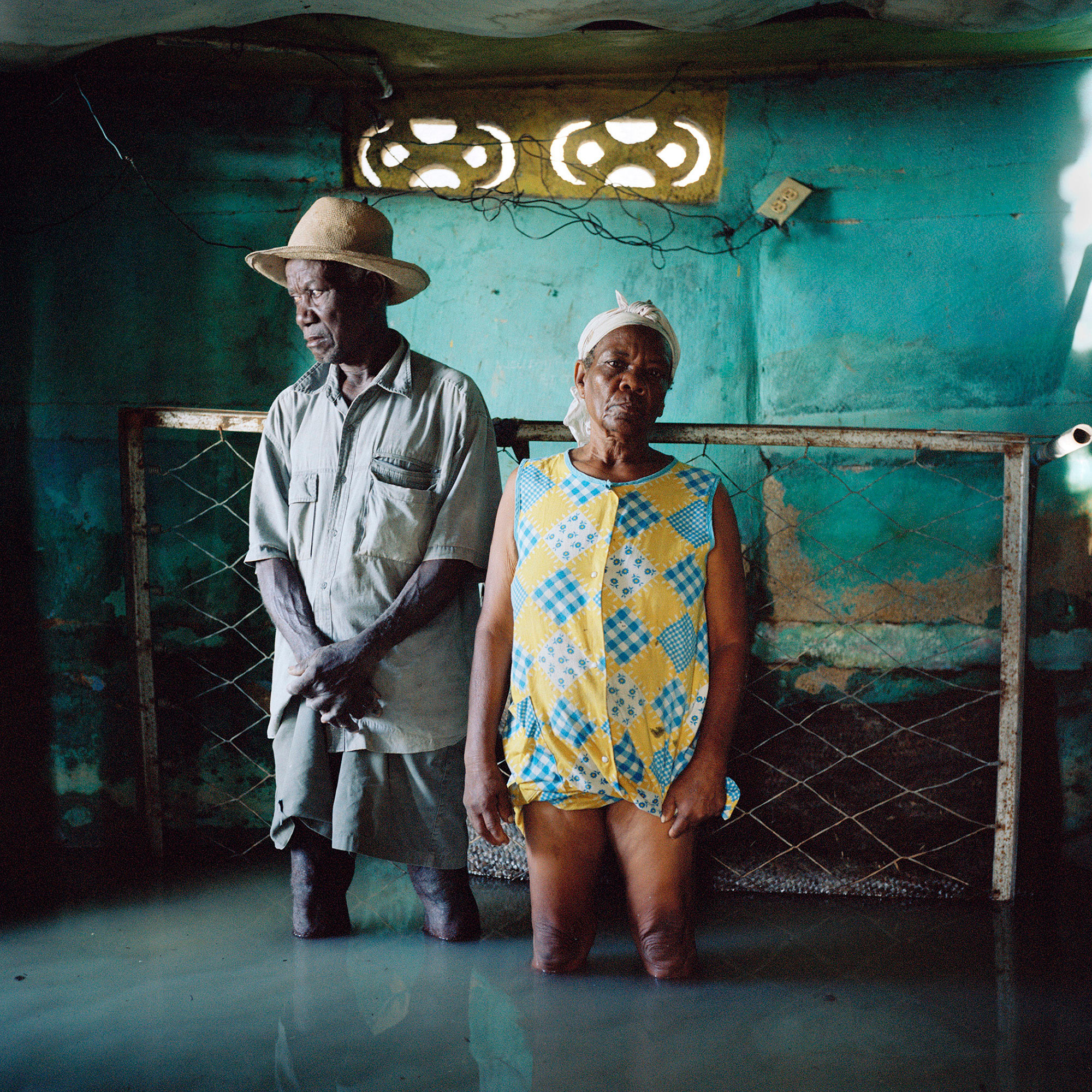
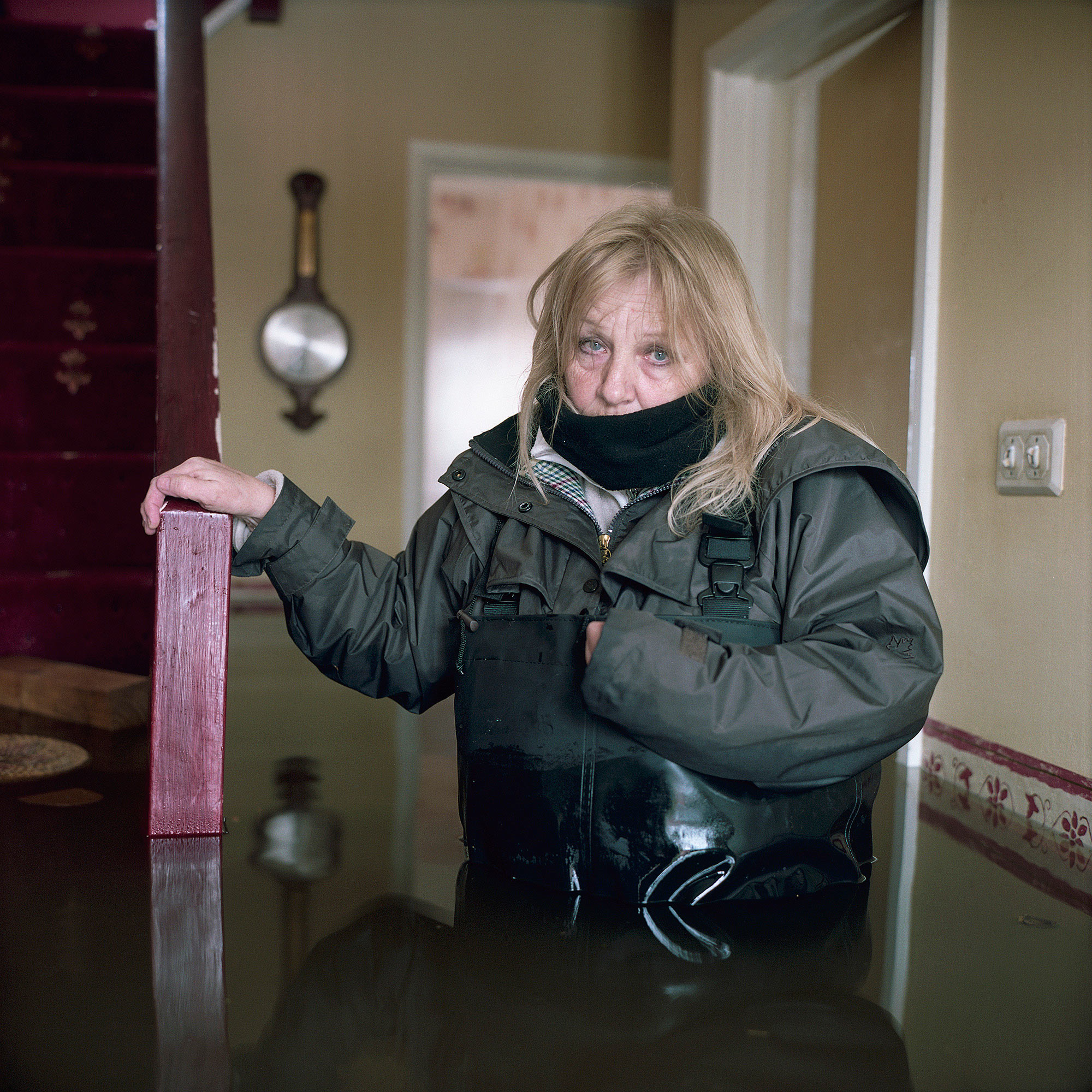
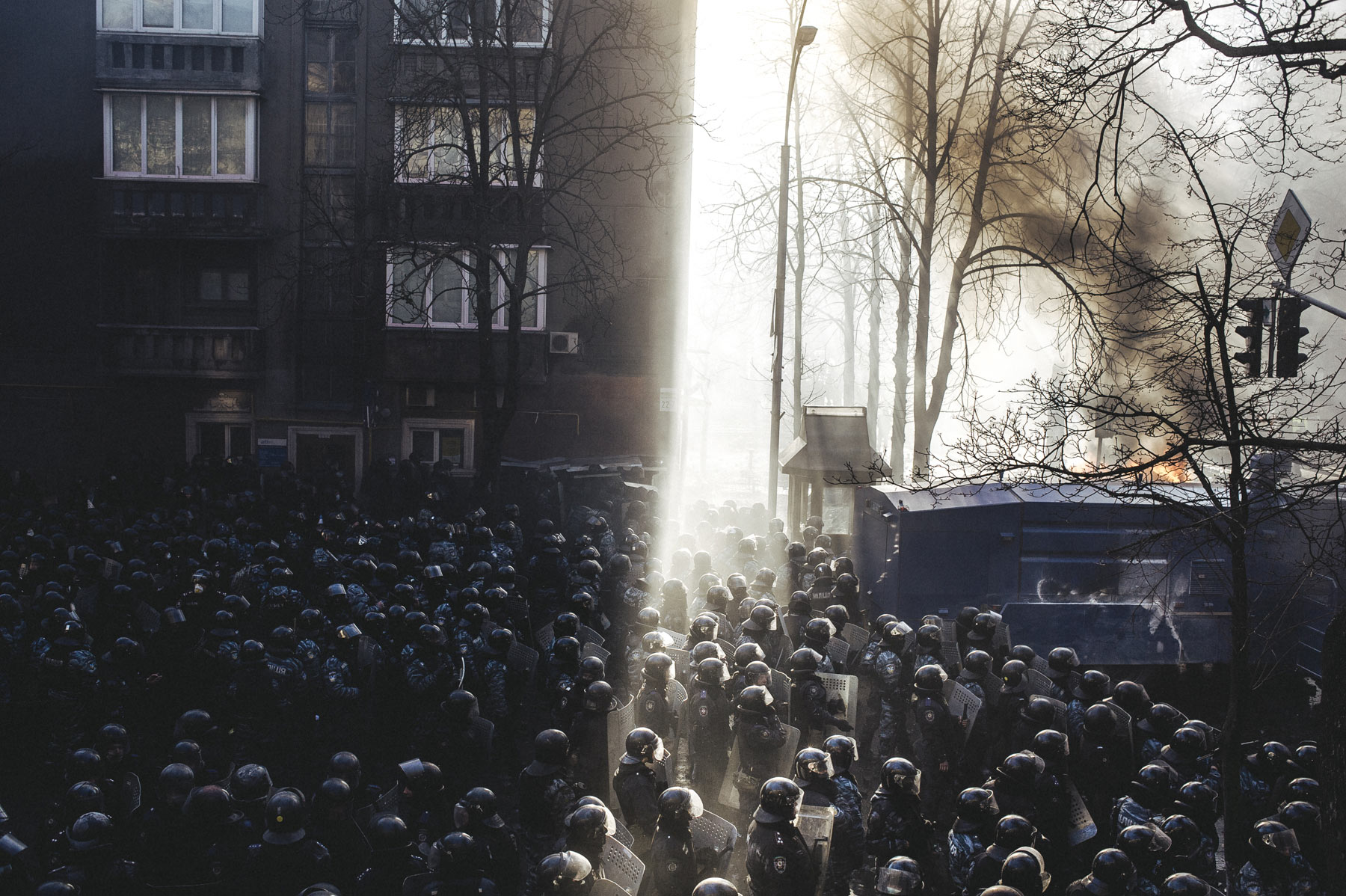
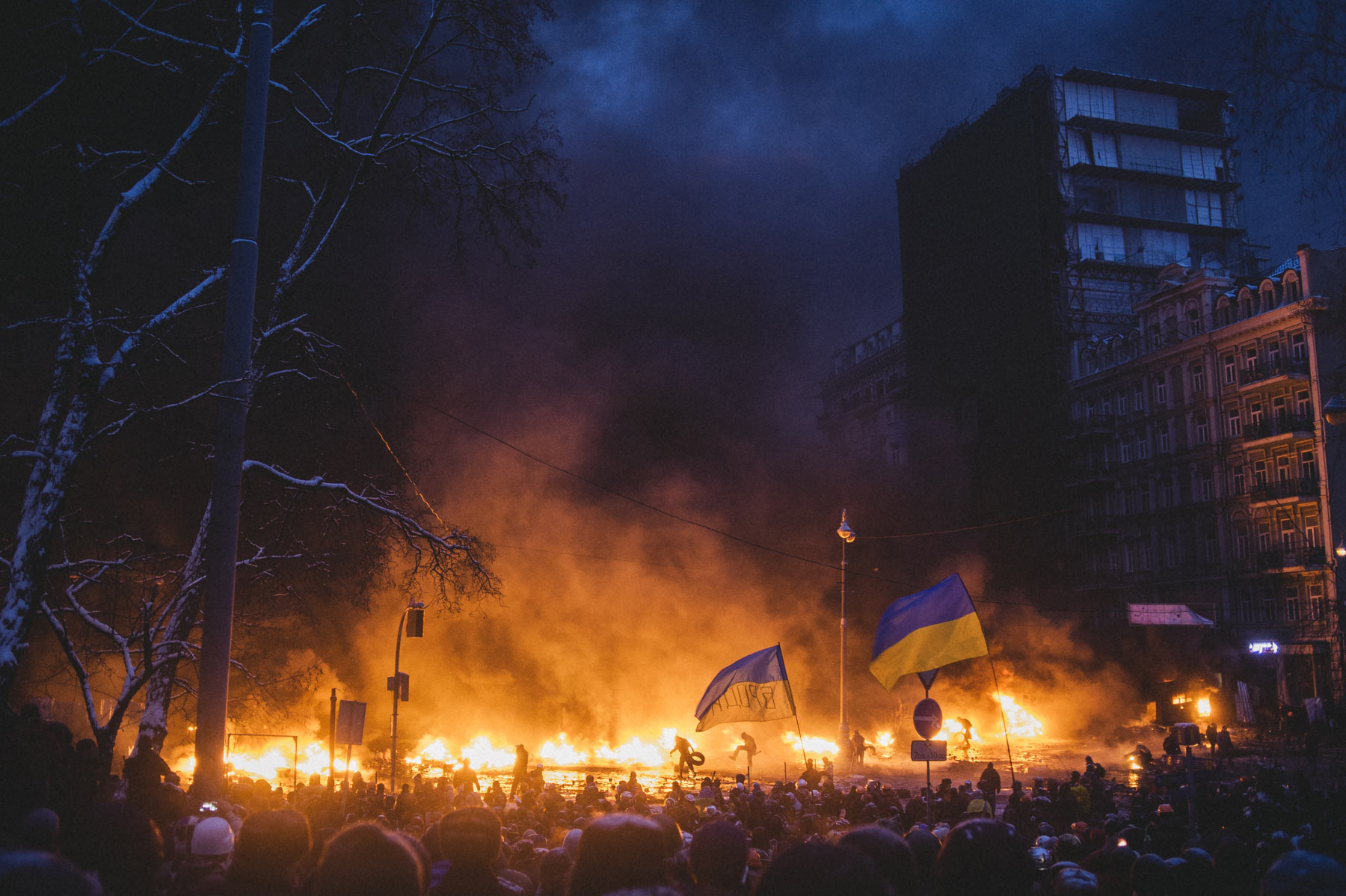
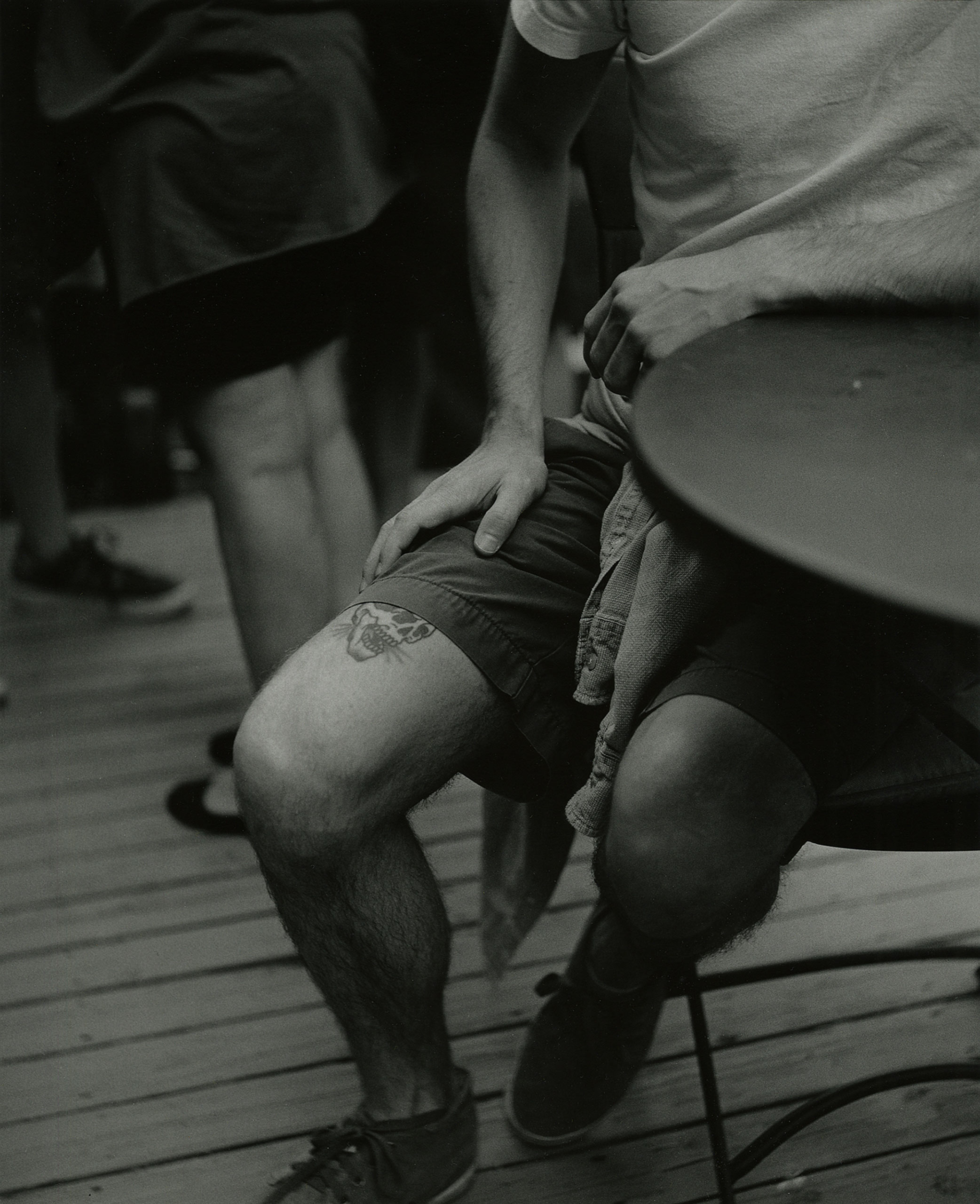
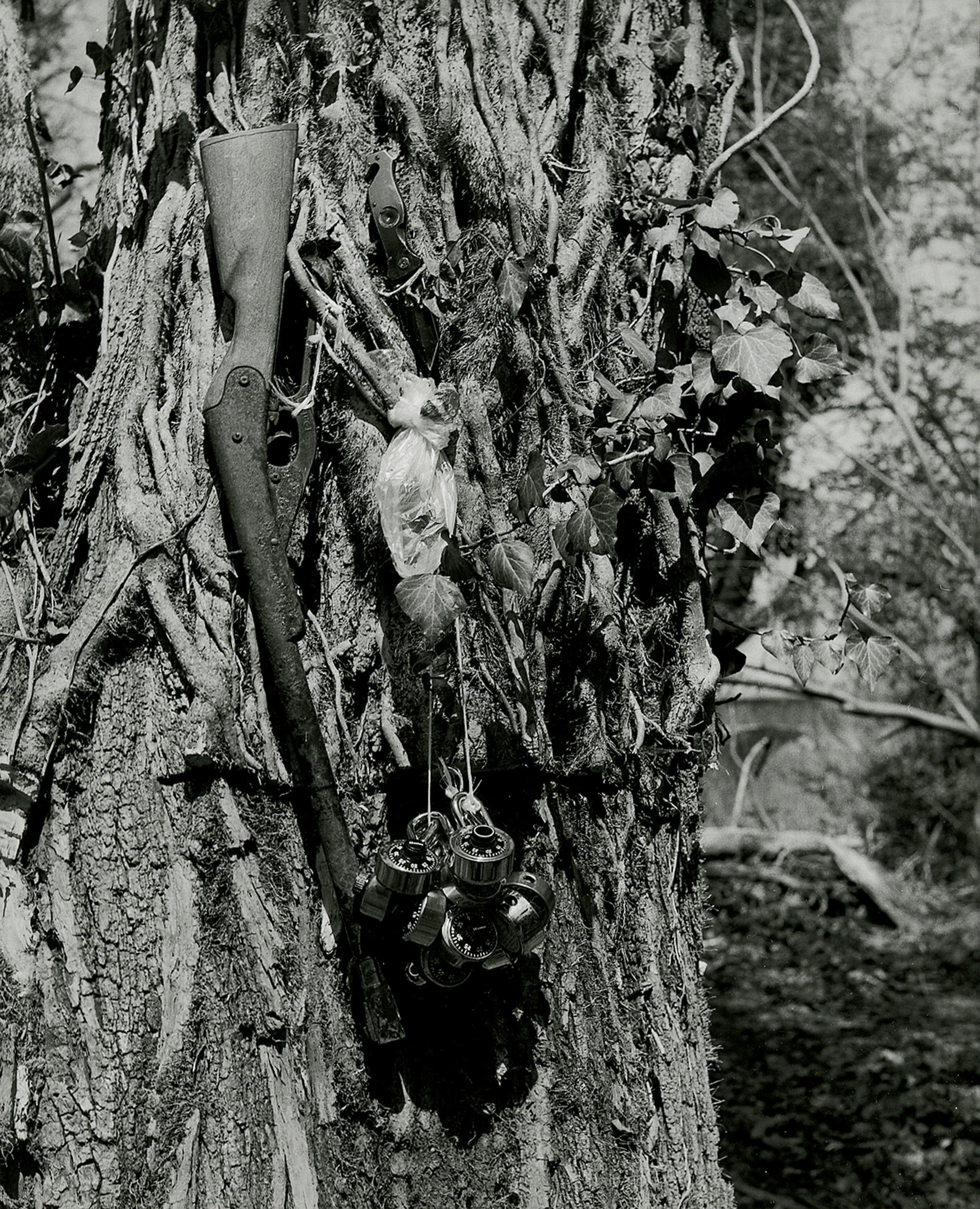
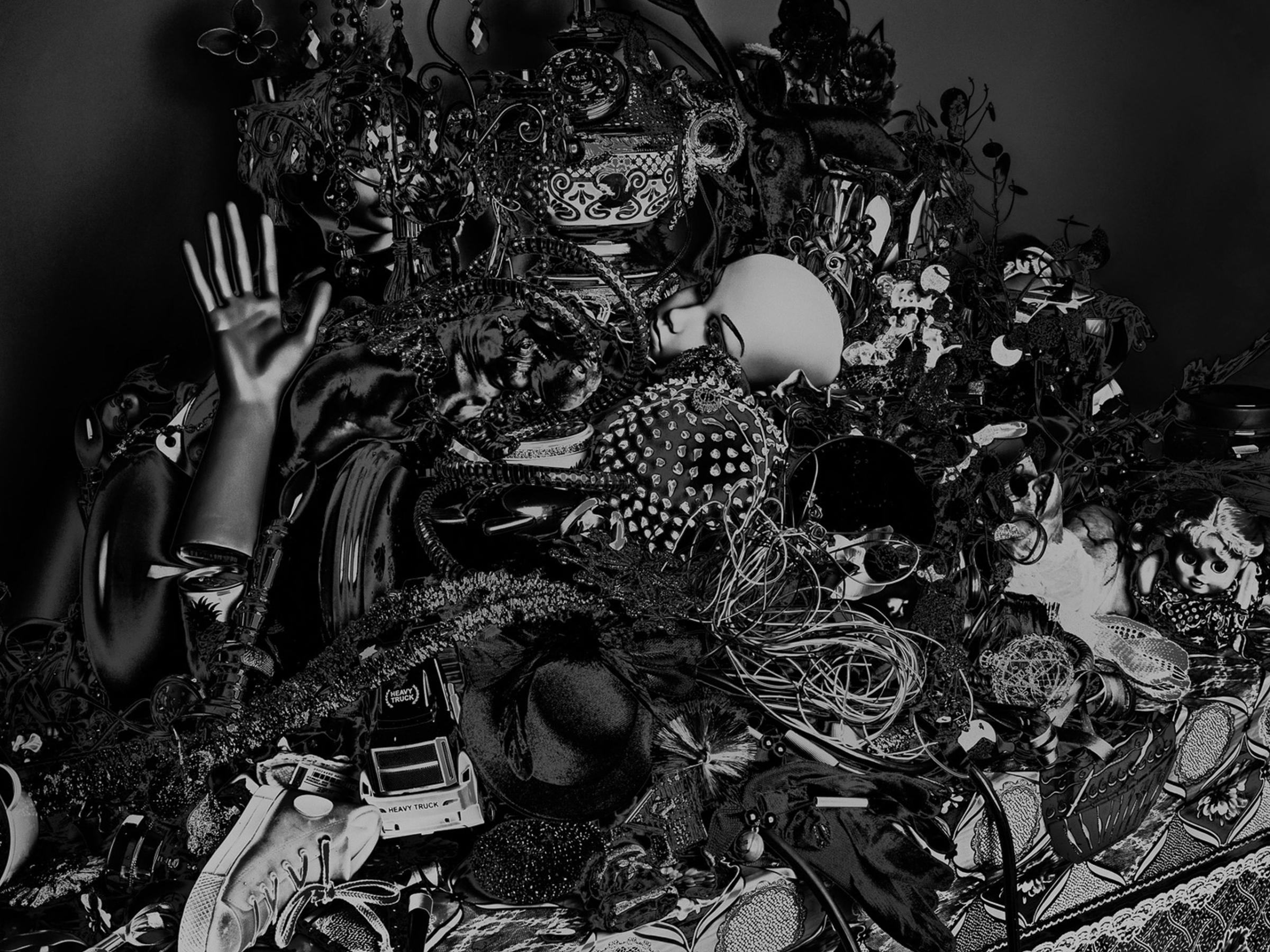
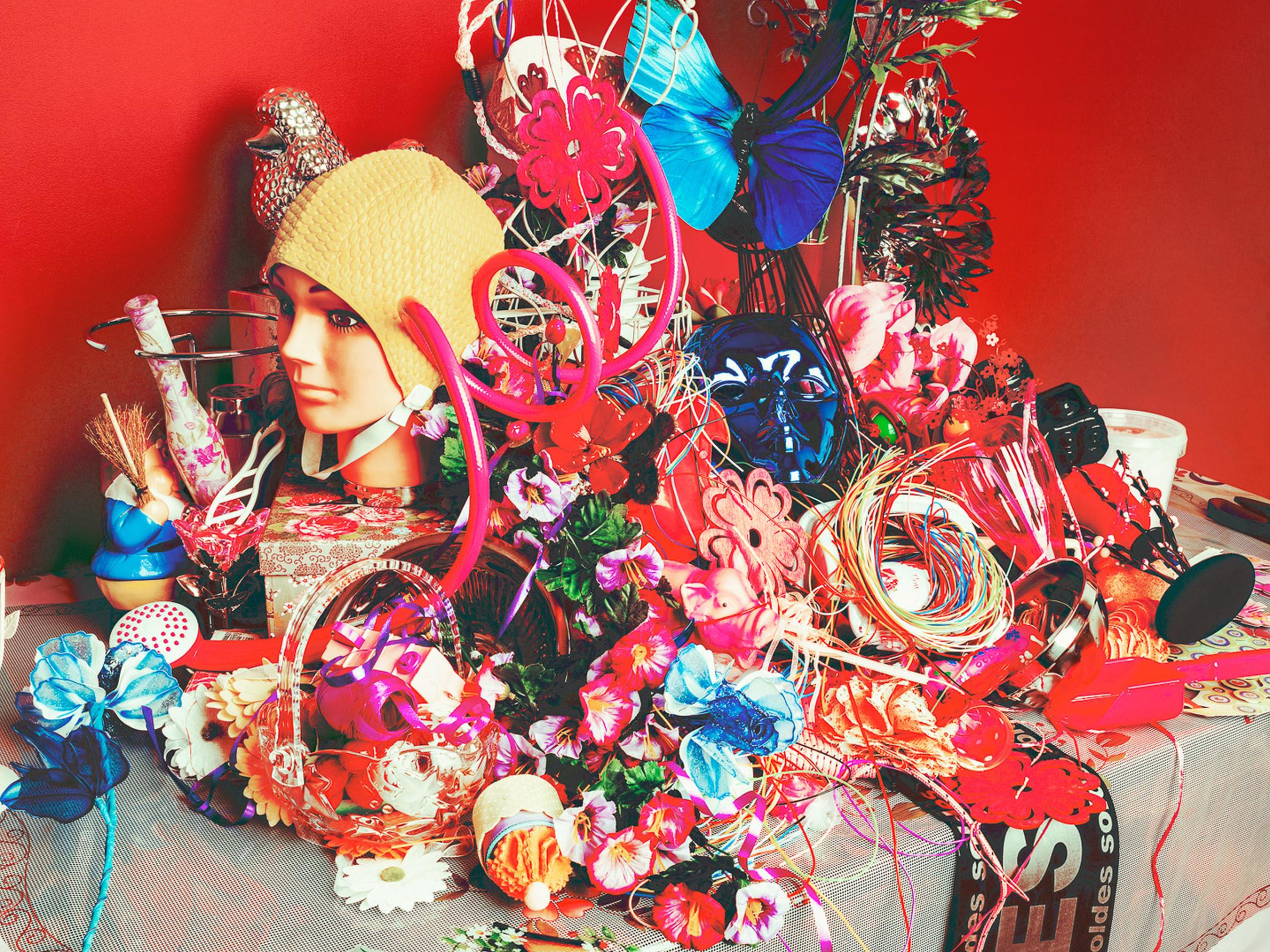
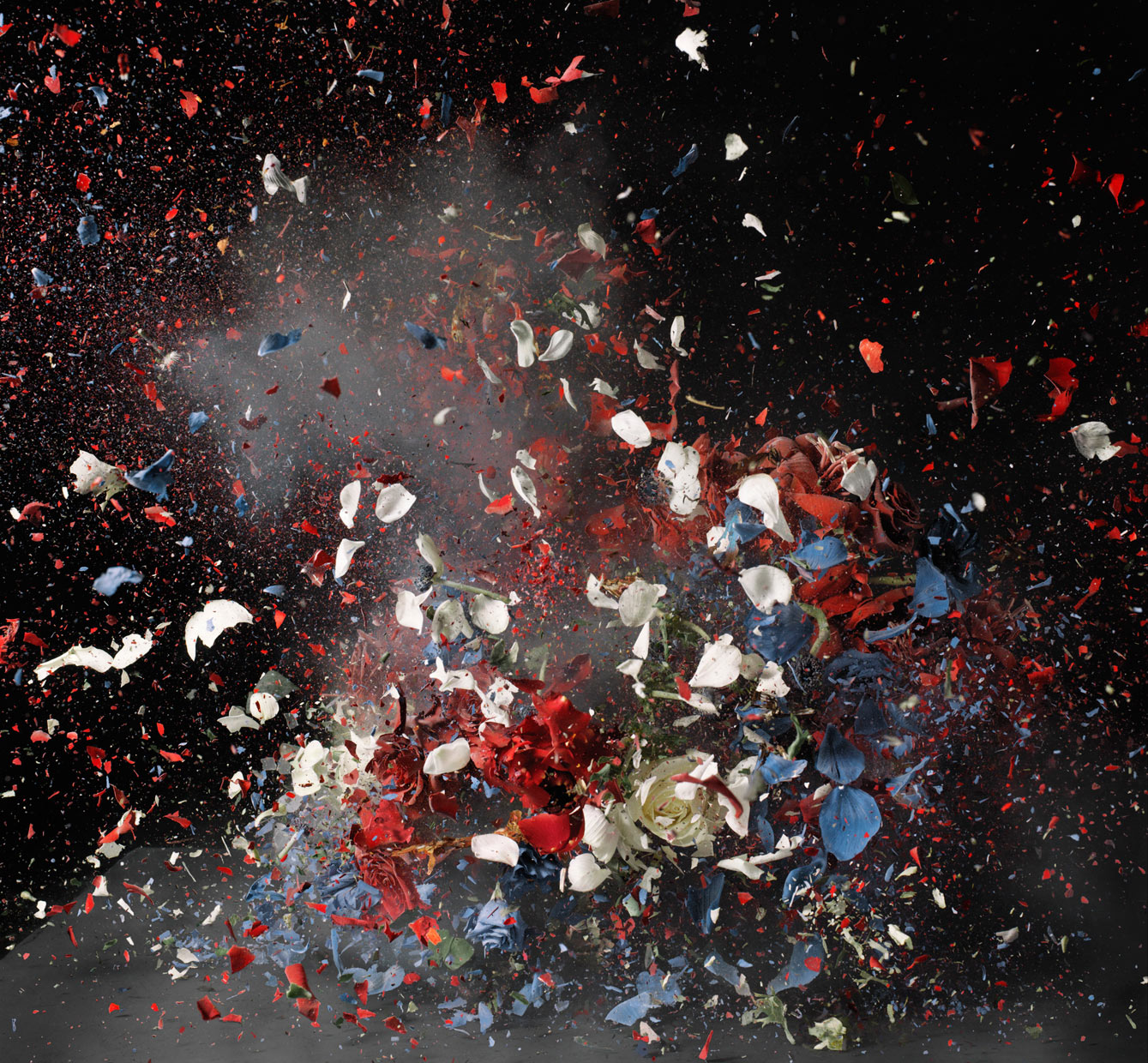
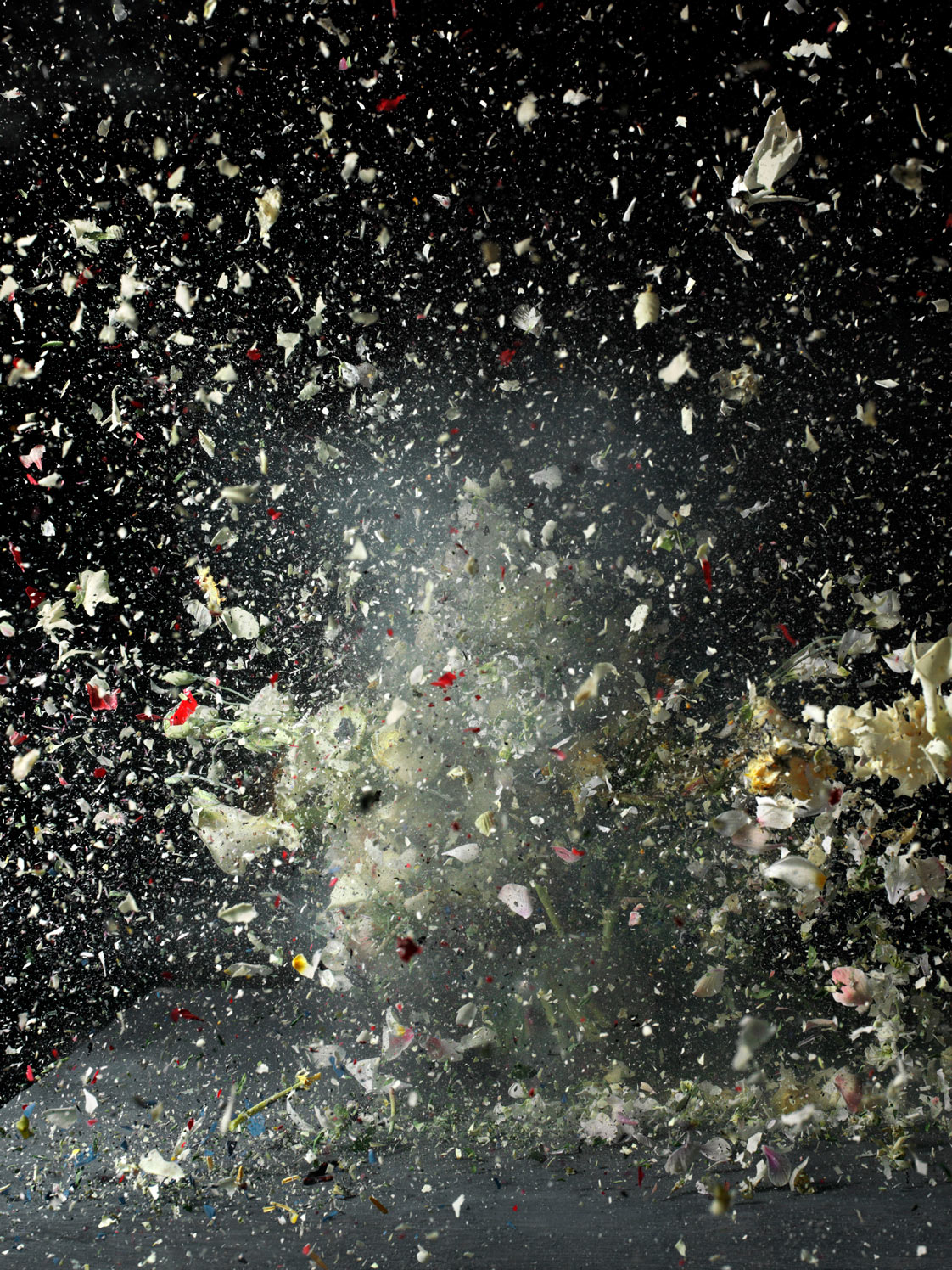
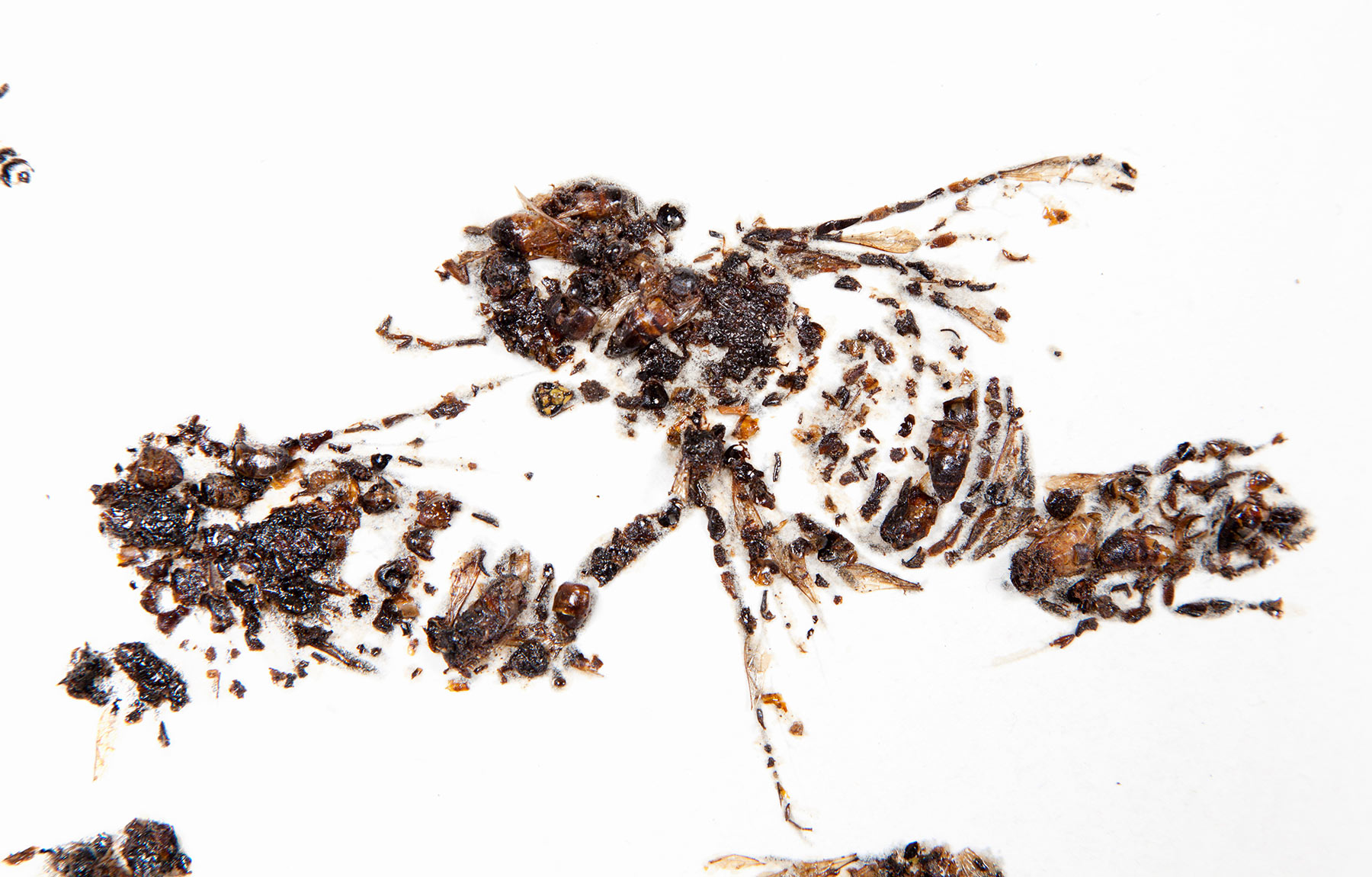
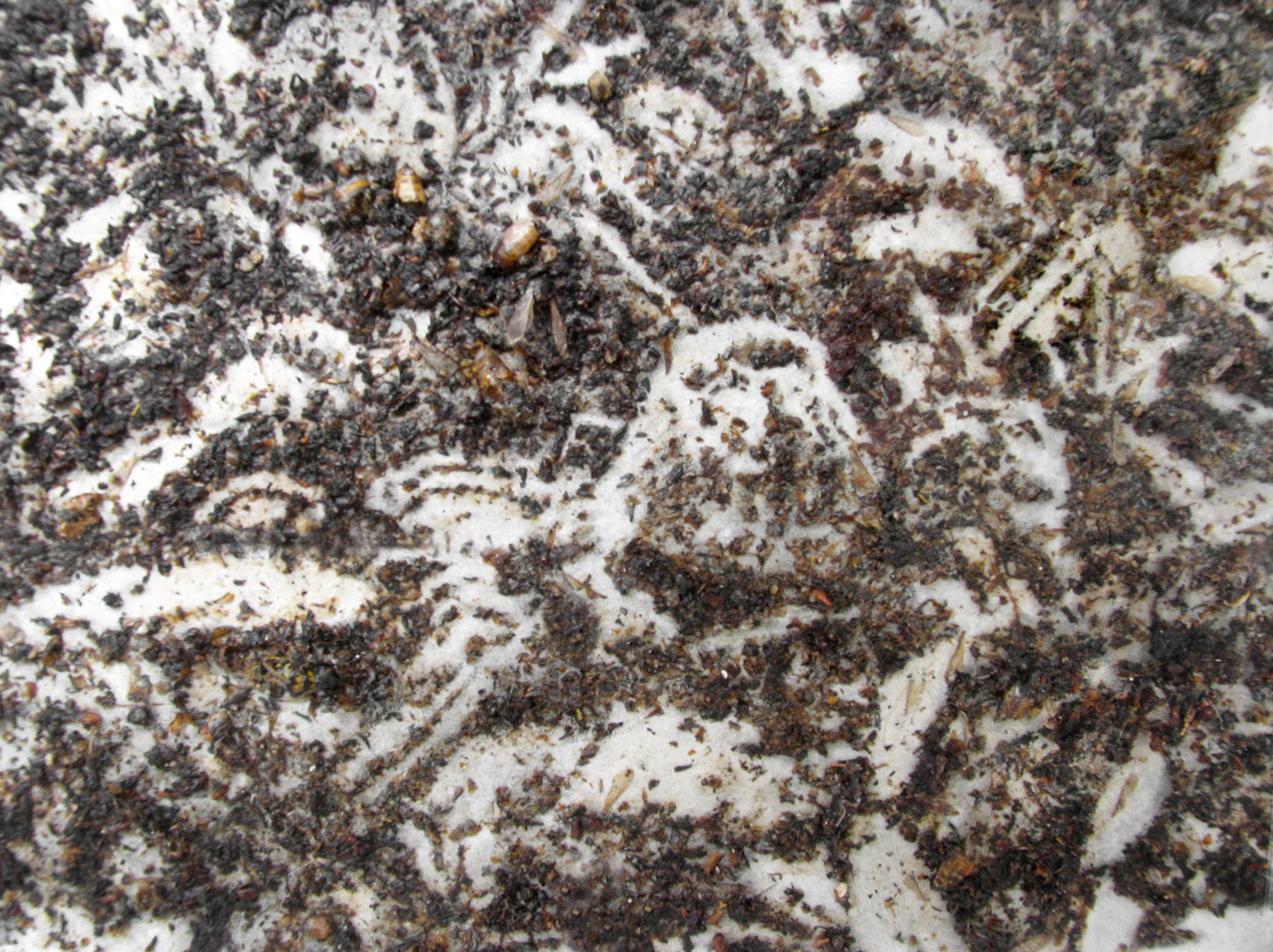
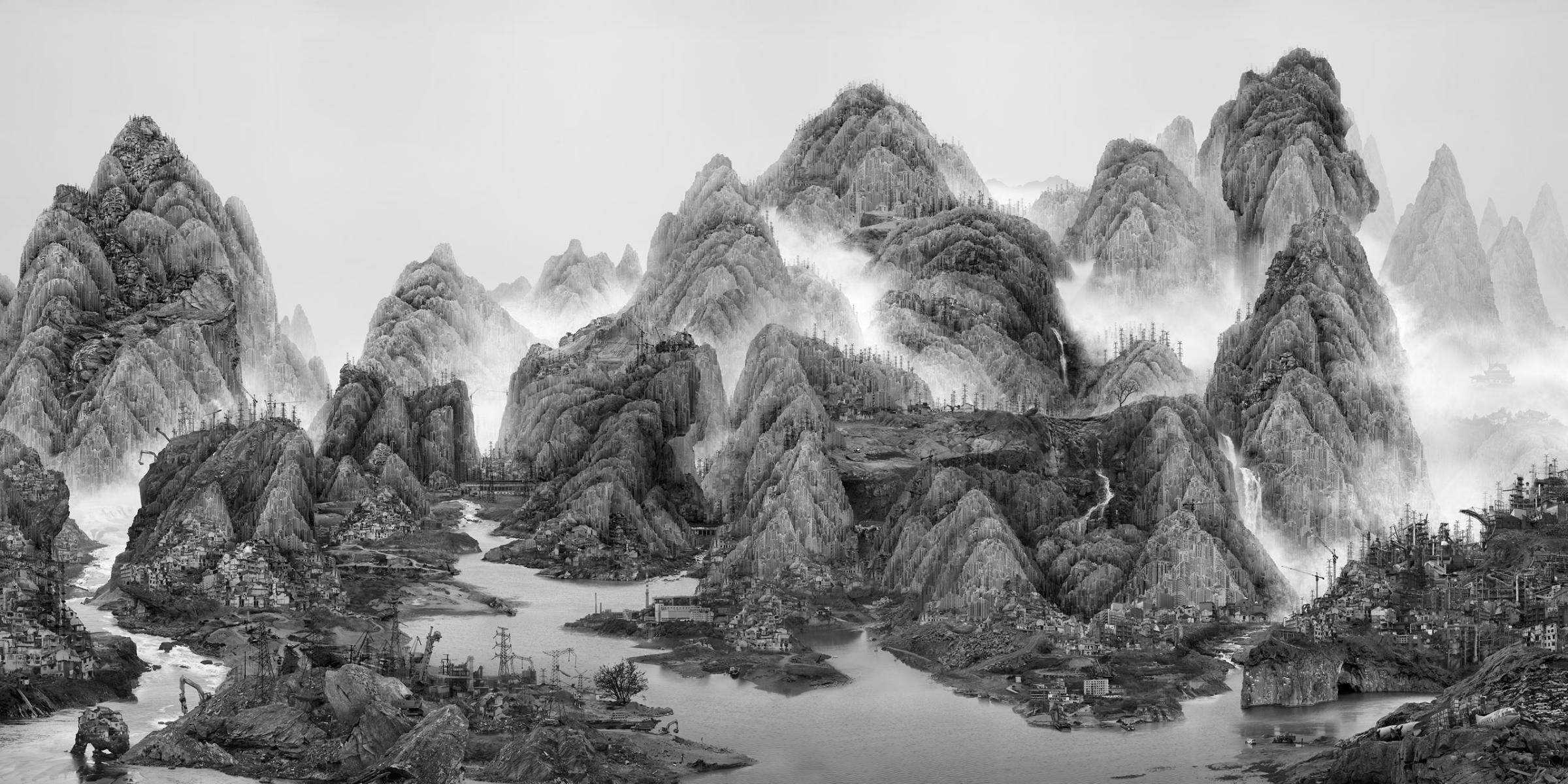
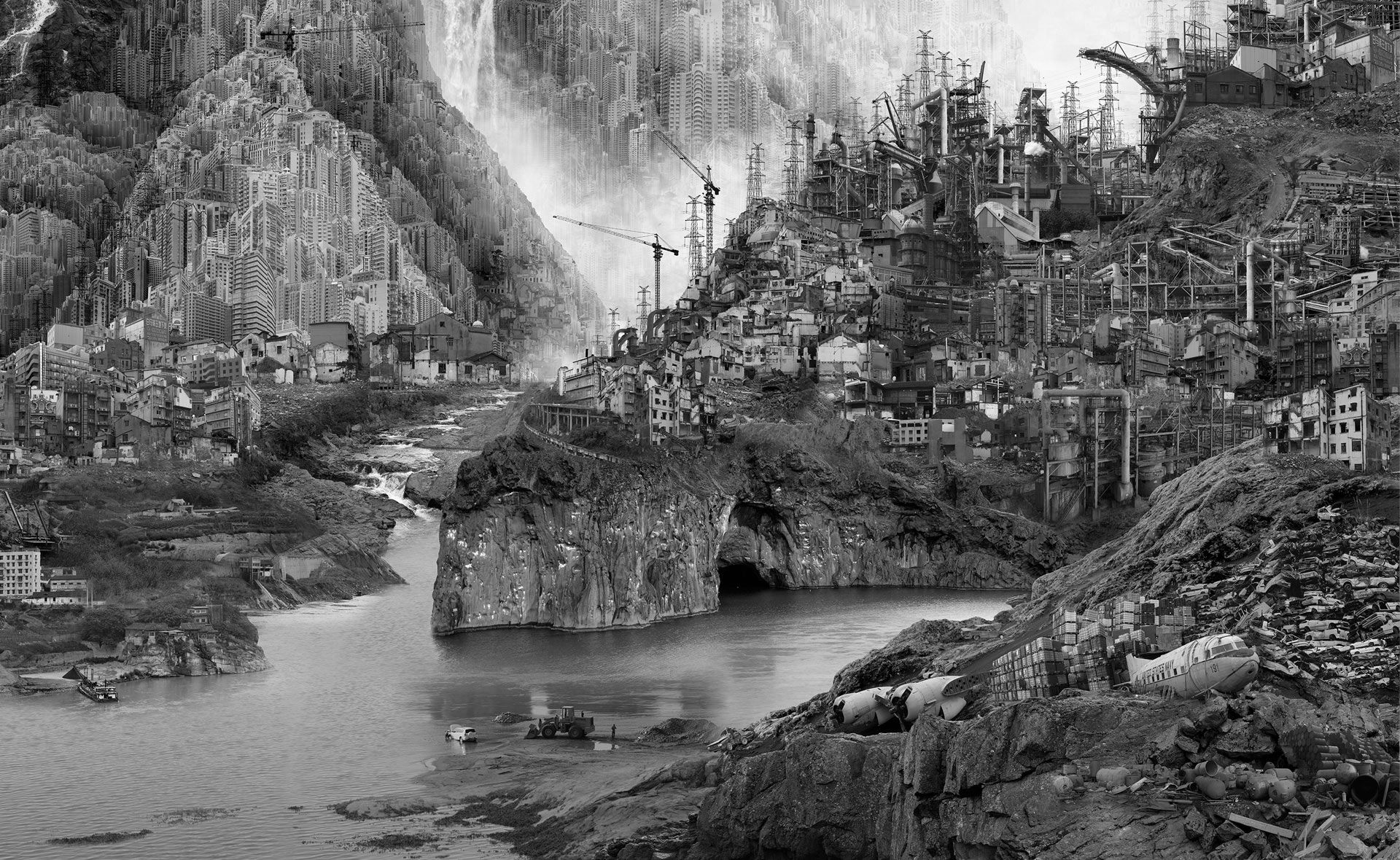
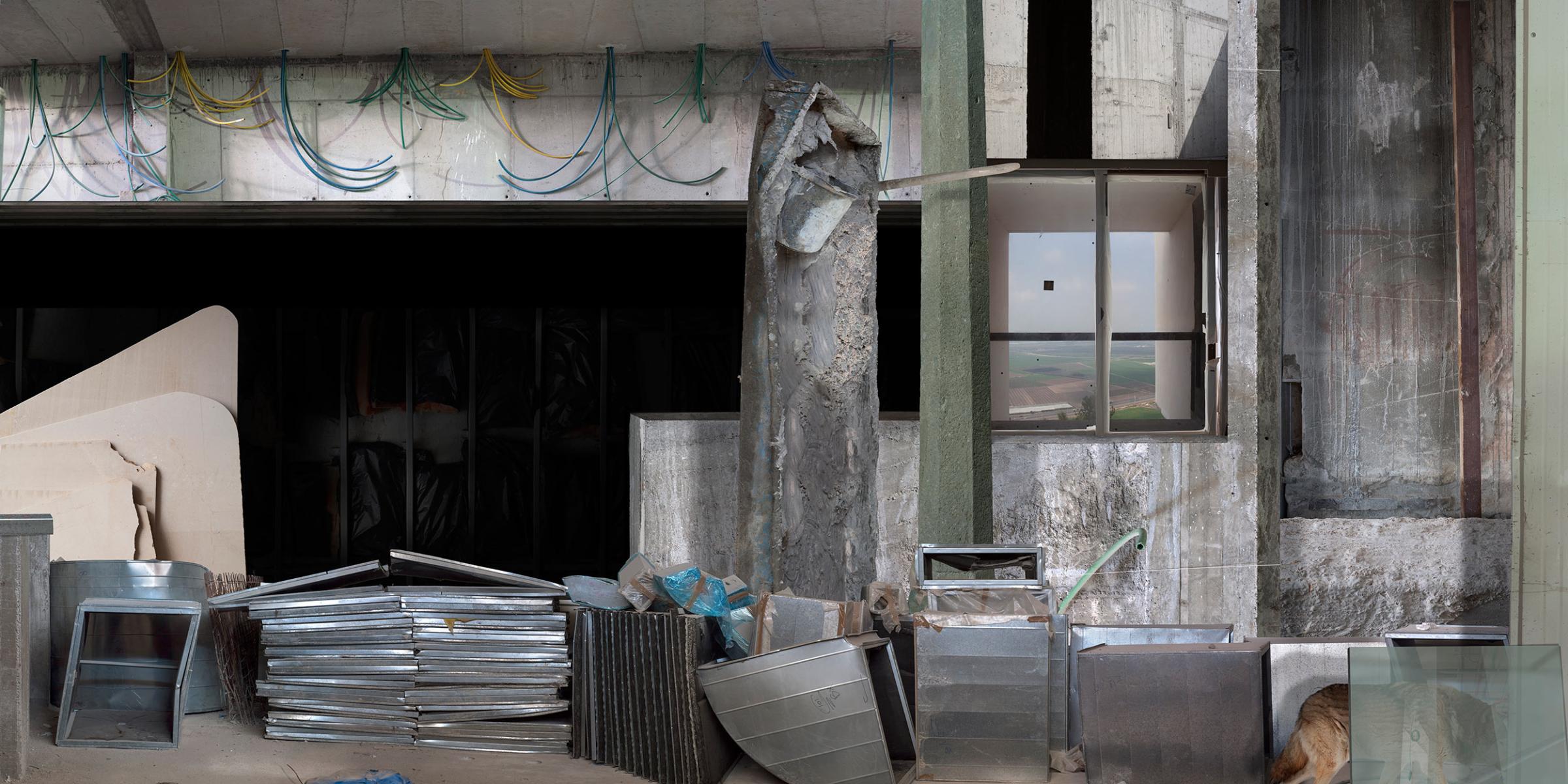
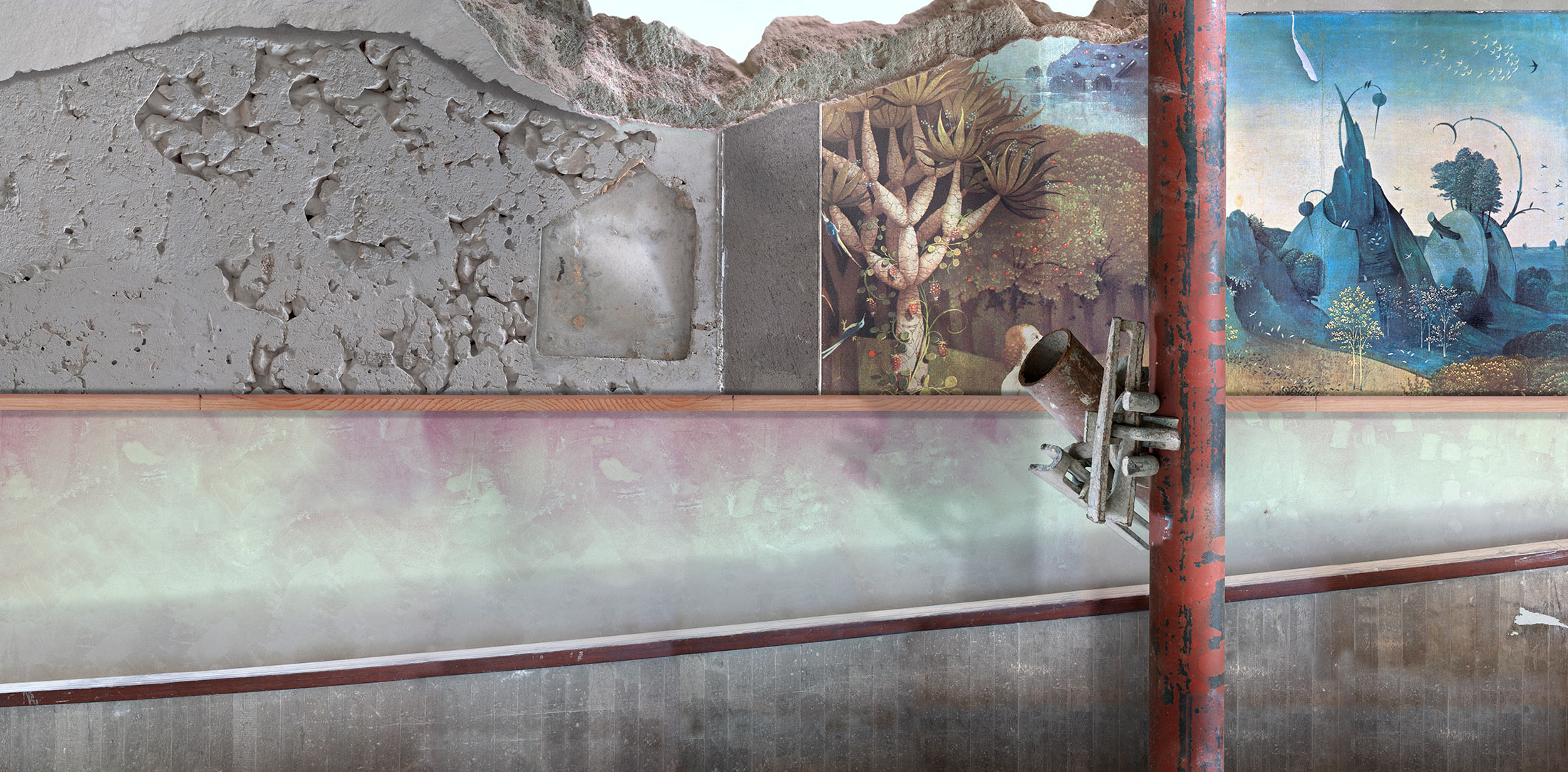
More Must-Reads from TIME
- Cybersecurity Experts Are Sounding the Alarm on DOGE
- Meet the 2025 Women of the Year
- The Harsh Truth About Disability Inclusion
- Why Do More Young Adults Have Cancer?
- Colman Domingo Leads With Radical Love
- How to Get Better at Doing Things Alone
- Michelle Zauner Stares Down the Darkness
Contact us at letters@time.com